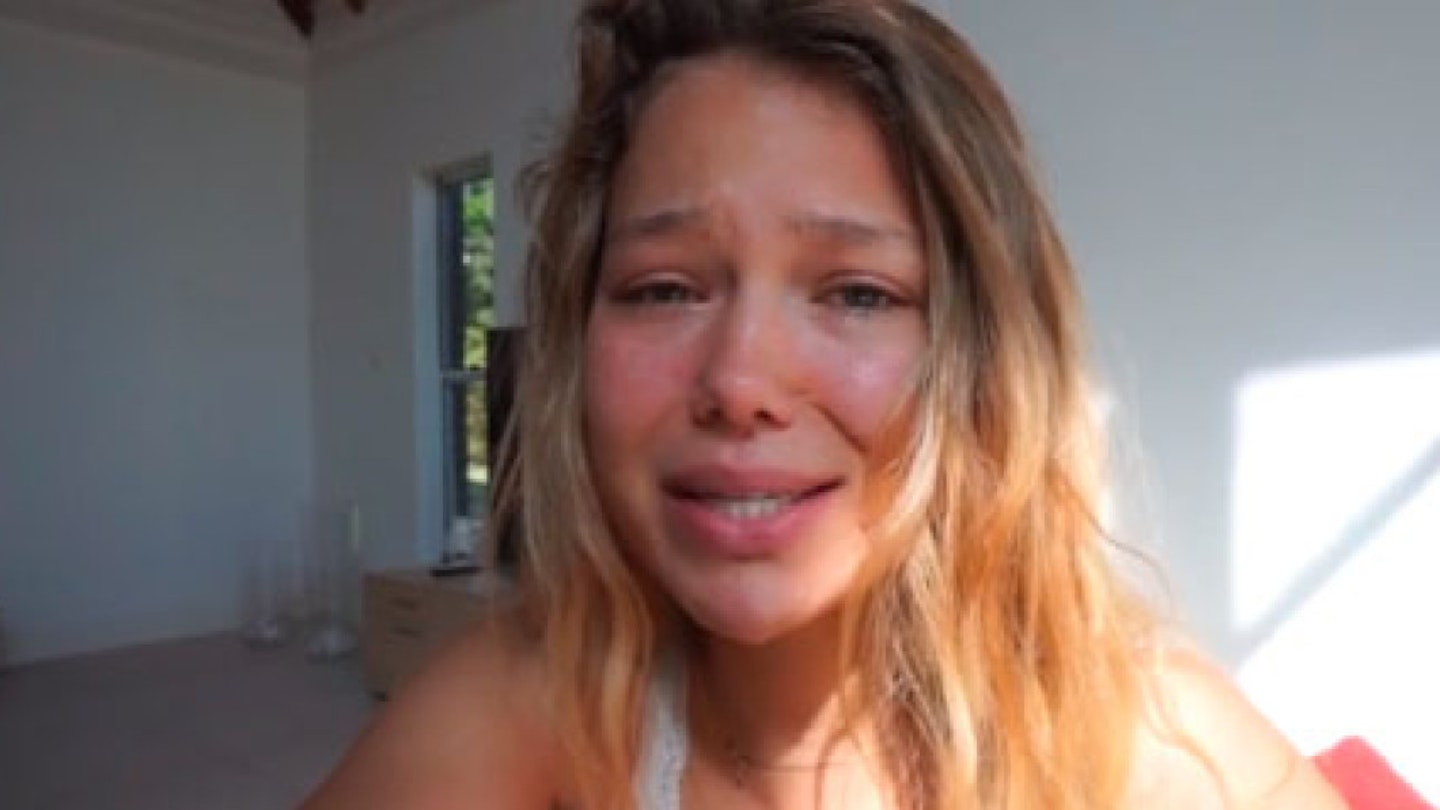*In the week that Instagram sensation Essena O'Neill quit social media because she felt a life built on getting 'likes' was harmful, Neily Alimohamadi investigates how our obsession with social media and self validation could be harmful to our mental health. *
Social media – friend or foe? It’s certainly been a hot topic this week, as the online world reacts to Australian Instagram sensation Essena O’Neill’s abrupt departure from social media, declaring ‘it’s not real life’.
It’s not the first time we’ve seen an emotional break-down go viral, but Essena’s journey as a young, privileged digital influencer now identifying with the symptoms of anxiety and depression raises the question – can social media harm our mental health?
According to the Mental Health Foundation, ‘one in four people will experience some kind of mental health problem in the course of one year, with mixed anxiety and depression the most common mental disorder in Britain’.
On social media anxiety, leading psychologist Dr. Linda Papadopoulos says: “it’s inevitable that anxiety is going to be there, especially with young people who don’t have a clear sense of identity. If you grow up knowing ‘this is what I’m good at, this is what I’m not, or this is what I like about myself’, you’ve got that stronger baseline of characteristics to define you. If you don’t have that, it makes you feel much more insecure”.
As revealed in her video, Essena’s early craving for online validation came from a place of low self-esteem, which is understandable for a young girl trying to find her place in the world (indeed an online one that appears so dazzling). Putting yourself out there as a teen leaves you open to extreme adulation and criticism, but selling your image isn’t the only pathway to online success.
Ella Gregory, founder of UK fashion and lifestyle blog Coco’s Tea Party explains: “When I first started blogging in 2006 I was only 16, and I avoided sharing any photographs of myself because I was insecure and worried about receiving negative or hurtful comments. So I managed to avoid most of the hurt and drama that comes with that – it’s scary how much young girls put themselves out there now.”
While a successful online personality’s life may appear gilded and glossy, filled with exotic travel, designer clothes and a cast of beautiful friends, there can be a number of anxiety triggers at play behind the scenes. Capturing that ‘spontaneous’ shot, staying relevant in an increasingly saturated industry, juggling the everyday demands of life and fear of letting down sponsors and followers can all contribute to a frantic and sometimes lonely state of mind. As Essena said herself, “there’s nothing zen about trying to look zen”.
Emily Seares, founder of UK fashion & lifestyle blog FashionBite adds: “the industry has grown and changed so much since I started my site, from a friendly club where we all linked to our favourite blogs in the sidebar, to a big money industry where everyone’s competing for a slice of the pie. With millions of new blogs launching daily, the once friendly world of blogging has become extremely competitive, which can lead to jealously, trolling and nasty comments and it can be very difficult to accept”.
Of course, Essena’s not alone in calling time on ruthlessly Photoshopped images (even when self-inflicted) and impossible body ideals. Amy Schumer, Lena Dunham, Zendaya and Ariana Grande are leading the charge against body-shaming, promoting realistic beauty. It’s no quick and easy solution to social media anxiety, but may go some way toward forging a more level playing field online.
In spite of recent concern, anxiety need not be the bogeyman of the internet or a caution for worried parents deterring teenagers against online engagement. Dr. Linda Papadopoulos stresses: “we should be really wary of fearing the online world - you can use it to change the world.”
Youtube megastars Zoella and Tanya Burr have long documented their battles with anxiety (which pre-date their online presence), comforting their fans who personally relate to their condition. It may appear masochistic for an anxiety sufferer to publicly document every day of their life and risk the ire of trolls, but for many like Zoella, it’s a daily mountain to be climbed and her followers’ messages of support spur her on.
So how can we prevent our souls from being engulfed by the big, sometimes bad social media machine? For the post-millenial iGeneration, there is little definition between the online and ‘real’ world and while social media has a wealth of positive benefits, a healthy approach to self-amplification is vital.
Dr. Linda Papadopoulos suggests: “We need to ensure that we are aware of how powerful it can be in both directions. Having face-to-face time and proper connections that allow you to express genuine emotion without putting on this mask is so important.” Whether or not Essena O’Neill’s new online project helps her find her authentic self, she has opened a dialogue that is already making us reflect on our social media lives.
By Neily Alimohamadi, editor of Cherie City
